The Politics of Gun Dogs
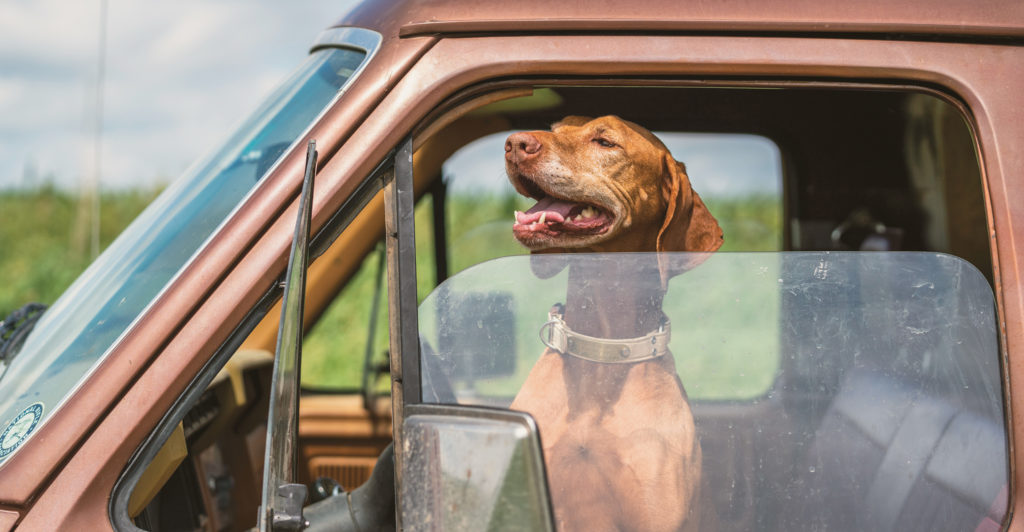
Time to check your watch. It’s been over an hour since you clipped your exuberant Weimaraner to his stake in the shade of the big sugar maple while you and your hunting partners reviewed the morning’s grouse hunt, enjoying thick roast beef sandwiches slathered with horseradish mayo. You still have time for some retrieving drills. You knew, correctly, that the cuts on Ruger’s long tail would have stopped bleeding by now. It was nothing serious—just the usual result of excited wagging. Sometimes he cuts it hunting in thick, thorny brush. Today it was against a fence as you led him away from the adjacent farm’s property line. It’s a good thing you grabbed his collar, because you saw that his license tag was out of date. Urgent note to self: Get that new tag as soon as possible.
Back home, ducking under the 6-inch awning and stepping onto the regulation 3-inch-high platform, you put Ruger in the kennel enclosure. Once again, you silently wish you could put his bed out there. Ruger would like that.
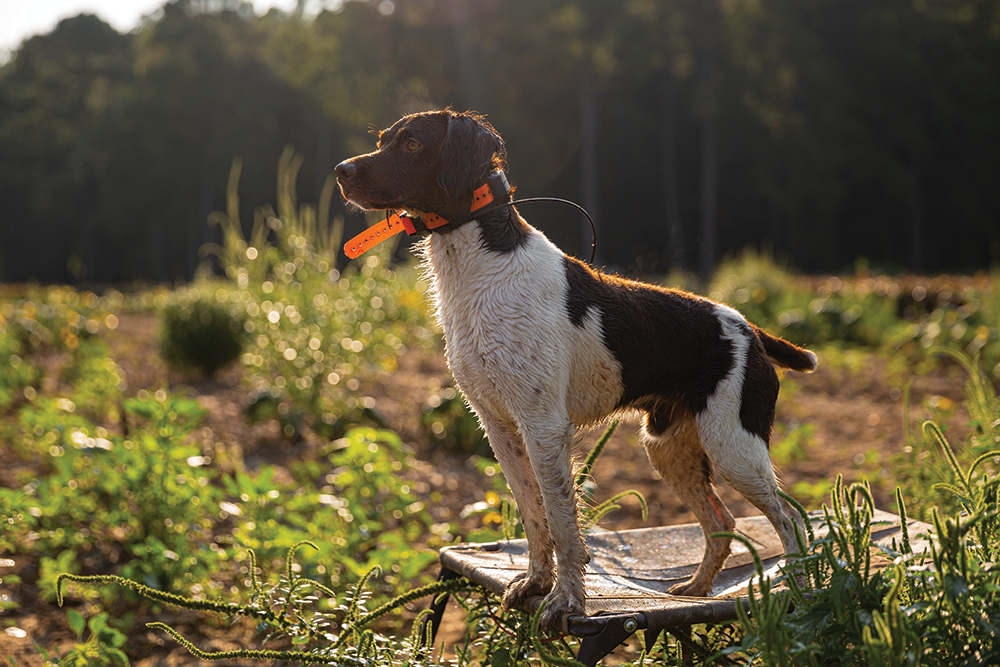
Five legislative bills sketched out this highly regulated scenario. Block those bills, and Ruger would have a healthy cropped tail, you wouldn’t get fined for staking him outside for over three hours, and he would have had a chance to track down the crippled partridge. You wouldn’t risk being listed on an animal abuser registry because you missed the license renewal date, your kennel could be built to your own specifications, and Ruger would be nestled into his thick, comfy bed for a post-hunt snooze.
New York Assembly Bill A729 would “prohibit tethering for more than three hours or a time approved in writing by animal control” and A11328 would prohibit tail docking unless deemed medically necessary. Virginia House Bill 1900, blocked in 2017, would have imposed a fine up to $250 for dogs trespassing on private land. Violate any of Rhode Island’s animal laws (Title 4), whether it involves a vicious dog or merely a lapsed license, and HB 5113 would have you placed on a publicly accessed animal abuser registry, which would prohibit you from getting another dog for 15 years. Are you worried about kennel enclosure regulations? Pennsylvania’s Senate Bill 551 would establish precise building codes for kennels, including specifications for materials, ground clearance, awning, and bedding materials. On top of that, SB 551 prohibits dogs from being left outside, even in perfect weather, unless they have a kennel available—up to code, of course.
At this point, those bills are sprinkled across four states. Unfortunately, there are dozens more pending nationwide that would impact how we live and hunt with our gun dogs. Many proposals affecting dog breeding, housing, work, and ownership have passed in recent years—many have been defeated. These bills often appear to address serious issues of animal health and safety. Some of the bills are exactly what they seem. Others, however, are not. Their underlying agenda is anti-hunting—plain and simple.
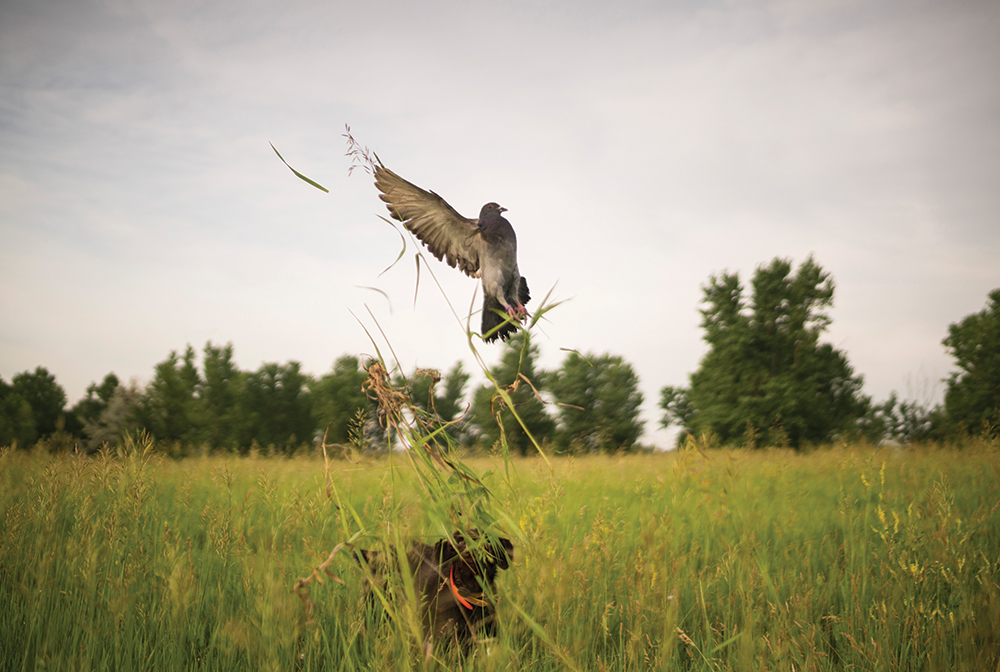
Mike Covey, executive director of the Vermont Traditions Coalition, cites Vermont Bill H.410 to reduce the bear-hound training season from three months to one as a perfect example. “It also proposes to add the restriction that if a houndsman or -woman harvests a bear personally, they may no longer run their dogs that year. Although this is not even superficially reasonable, a deeper dig shows further pitfalls,” Mike explained.
“This bill, like most, creates change by modifying an existing statute. The statute, which contains the bear-hound training language, codifies all other working-dog training seasons. Once the bill is taken up, there is no telling what direction it could be driven in or what other amendments may be added. There is a big push from the anti-hunting lobby to prohibit any training, including that of upland dogs, from being done with live quarry. So, it is reasonable to expect that if this bill gains traction, we will see further restrictions.”
In many cases, language holds the power to make legislation that addresses one issue applicable to another issue. A recent spate of proposed hunt-trial regulations could affect how we hunt, test, and train our bird dogs. Sportsmen’s Alliance Vice President of Marketing and Communications Brian Lynn pointed out that the recent attempts to ban hunting contests formed one of the most coordinated attacks seen in a while. “New Mexico, Oregon, Montana, Wisconsin, New Jersey, New York, and Nevada all had some version of it. And it seemed to get more and more broad and egregious with each iteration. What started as coyote contests quickly became any contest or competition that involved wildlife for a prize, award, money, or ribbon,” Brian said.
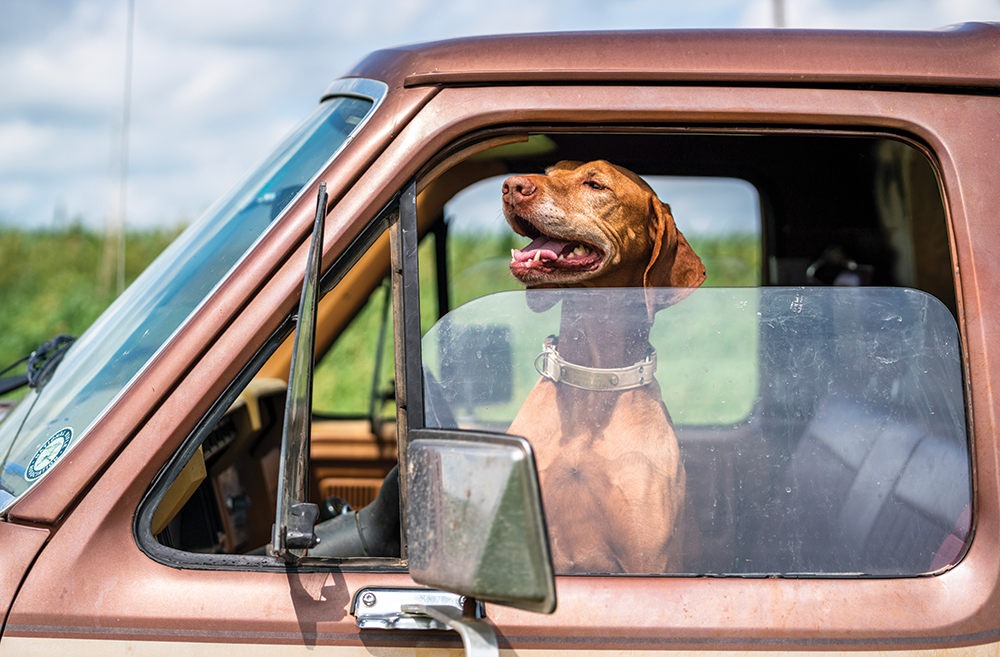
When it comes to how most of us feel about our gun dogs, the word “passionate” has no ambiguity. We live that passion, and with vigilance, we can preserve the right to pursue it.
The definition of “wildlife” varies in the different proposed statutes. “In Oregon for example, it’s defined as wild ducks, pheasants, etc., but in other places, it just says ‘ducks’ or whatever species—so it’s open to interpretation as to whether or not the events for retrievers, pointers, and hounds would qualify as field trials with pen-raised birds and the like,” Brian added. The word “contest” could also be open to interpretation. Hunt contests and field trials have judges and award prizes. Hunting-dog tests, such as those held by breed clubs, the American Kennel Club, and the North American Versatile Hunting Dog Association, also have judges and award prizes or ribbons. Although they are designed to evaluate levels of training and are not competitions, an interpretation of “wildlife” to include pen-raised birds and “contest” to include prize designations could prohibit bird-dog testing.
Controversial bills that would impact our bird dogs could be put into two main categories. One would be generic bills that affect all dogs in aspects of breeding, kenneling, tethering, cropping and docking, and transport. Volumes of regulations already exist. Five states have laws prohibiting driving with dogs in the open back of a pickup truck. Twenty-three states have tethering laws, most of which sensibly fall under prevention of cruelty, but could be amended to include training-site staking and chain gangs. Two states have specific provisions for tail docking, and nine states regulate ear cropping.

Not all bills are bad. Some are written to stop puppy mills, dog fighting, or abuse. But too often the wording is ambiguous, which in turn could punish responsible breeders, owners, boarding kennels, and hunters. In New Hampshire, for example, there is a push to remove the designation “breeder” in favor of labeling anyone selling dogs, whether they bred them or not, as a “pet vendor,” thus subjecting them to a broader and more restrictive set of commercial regulations.
“The issues sound innocent on the surface,” Brian said. “But once you start looking at the factors and applying them to hunting, training, breeding—it’s easy to see how fast the bills could undermine those things and end hunting with dogs through prohibitive practices, regulation, licensing costs, staffing requirements, and more.”
The other category would be bills specifically targeting hunting dogs, such as those regulating training seasons, property access, and the actual use of dogs for particular types of hunting. Most of the legislative attention focuses on hunting deer, bear, and bobcat. Specific to wingshooting would be bills designed to control the use of propagated birds by way of permitting, tagging, banding, or outright prohibition. Even bills aimed at types of hunting not involving dogs—trapping or lead-shot restrictions, for example—need to be watched as many are simply steps of incremental encroachment on hunting rights.
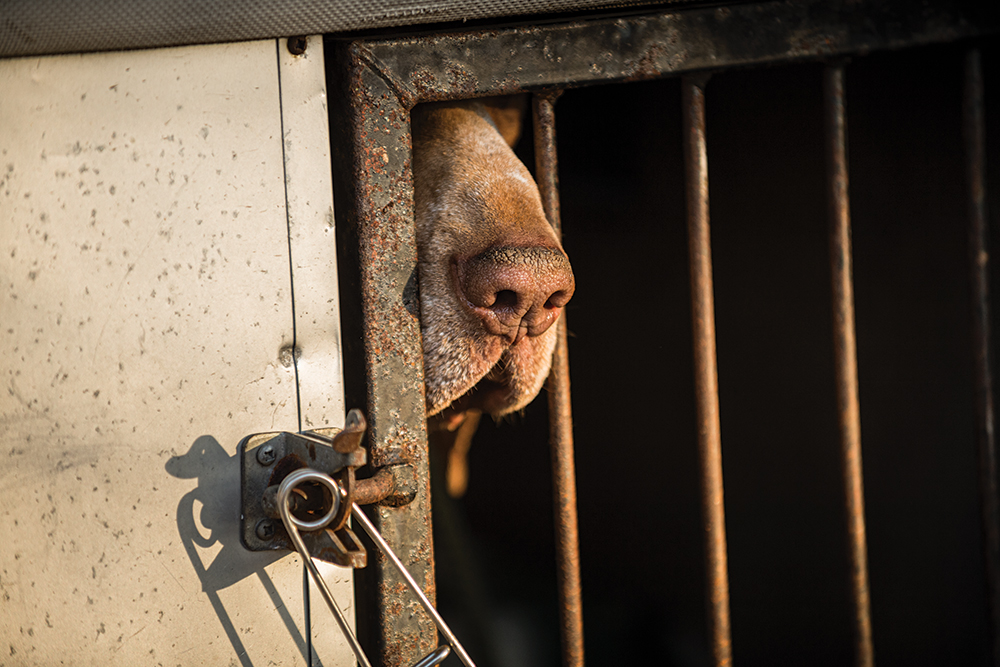
A new legislative session is right around the corner and chock-full of dog-related bills hovering in ambiguous linguistic limbo. Gun-dog owners are fortunate to have national- and state-level advocates like the Sportsmen’s Alliance, American Kennel Club’s Government Relations, sporting-dog alliances, and traditional sports proponents tracking these bills.
Mike Covey stated the call to action well. Noting that the Vermont Traditions Coalition has an annual budget that wouldn’t support an average household, he said, “Folks need to donate where they can, get on lists, read the alerts, share the alerts, make the phone calls, send the emails—and they need to vote. Organizations like ours have clout because of the people who stand behind us. We don’t have $100 million budgets like the Humane Society of the United States, so we need our people to be passionate, articulate, and in the fight.”
When it comes to how most of us feel about our gun dogs, the word “passionate” has no ambiguity. We live that passion, and with vigilance, we can preserve the right to pursue it.
























